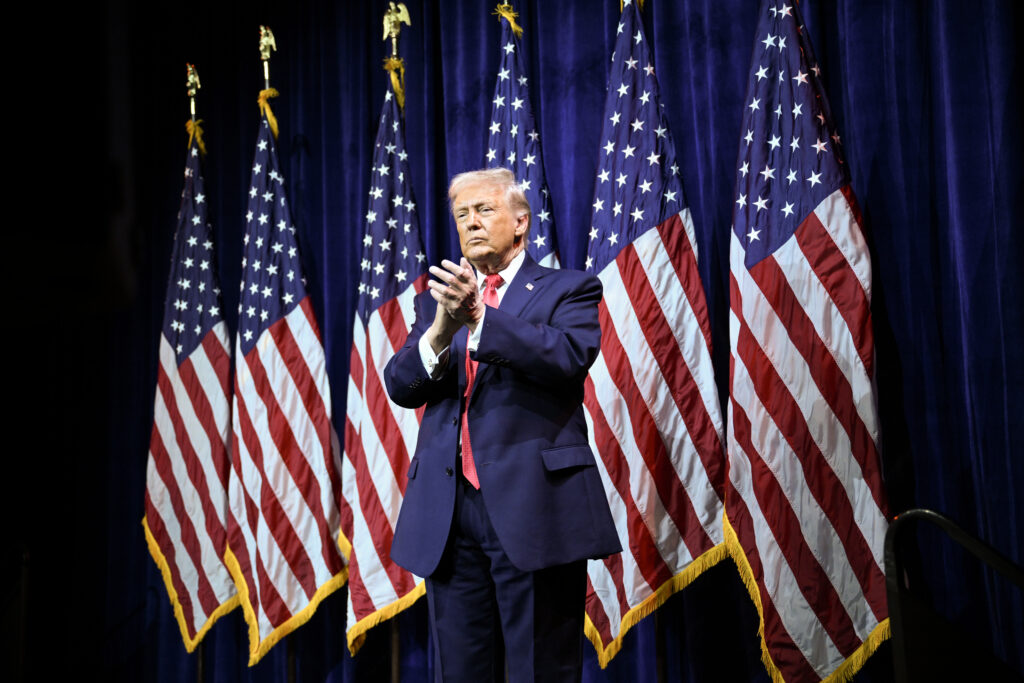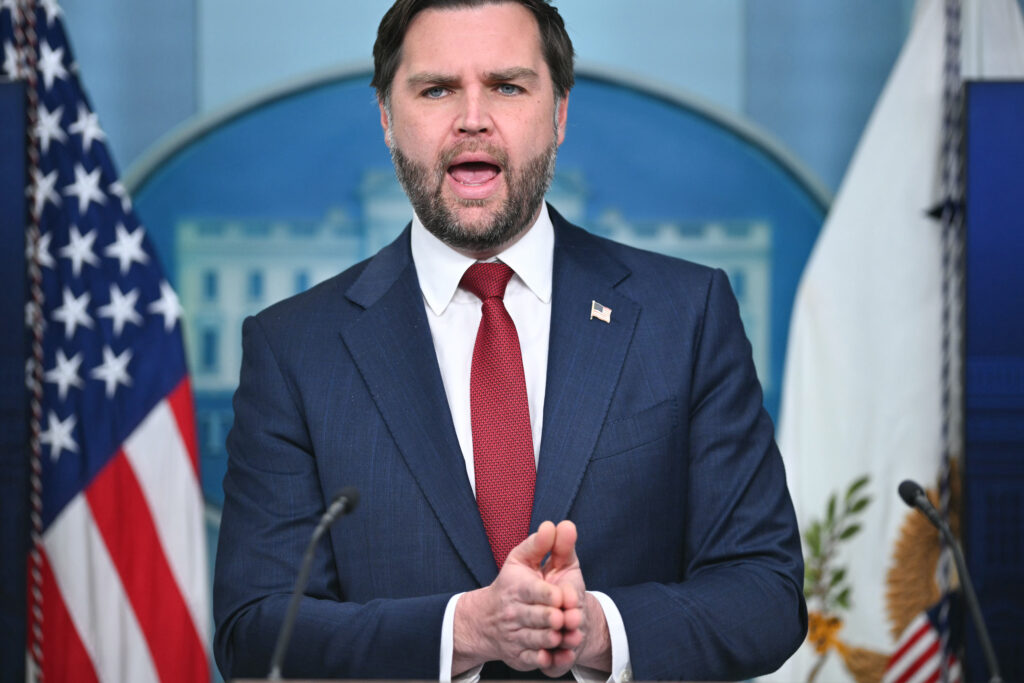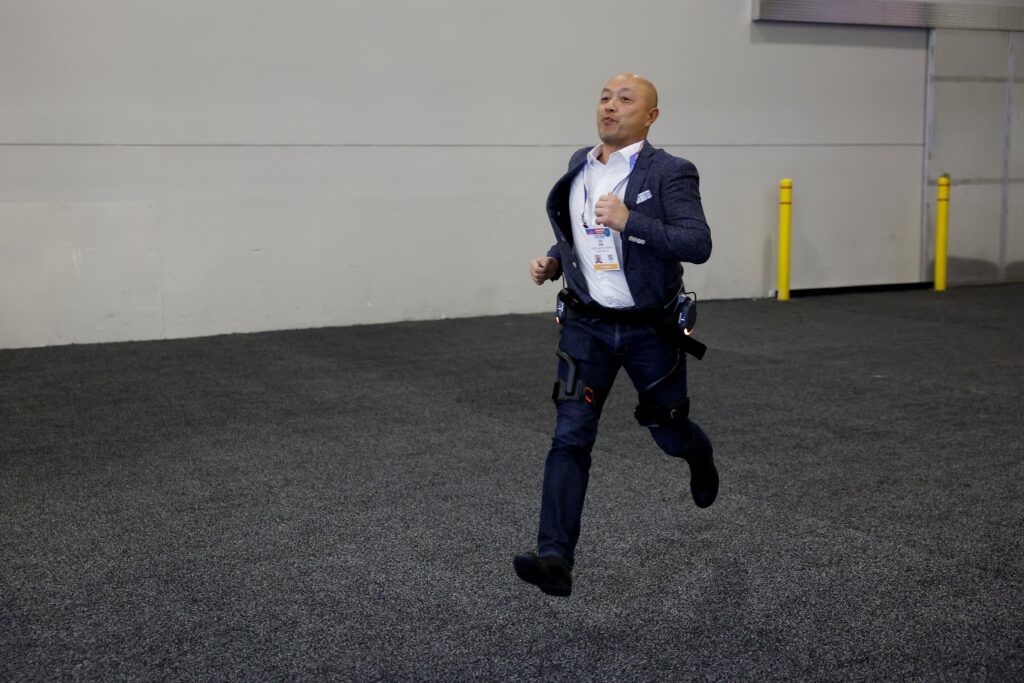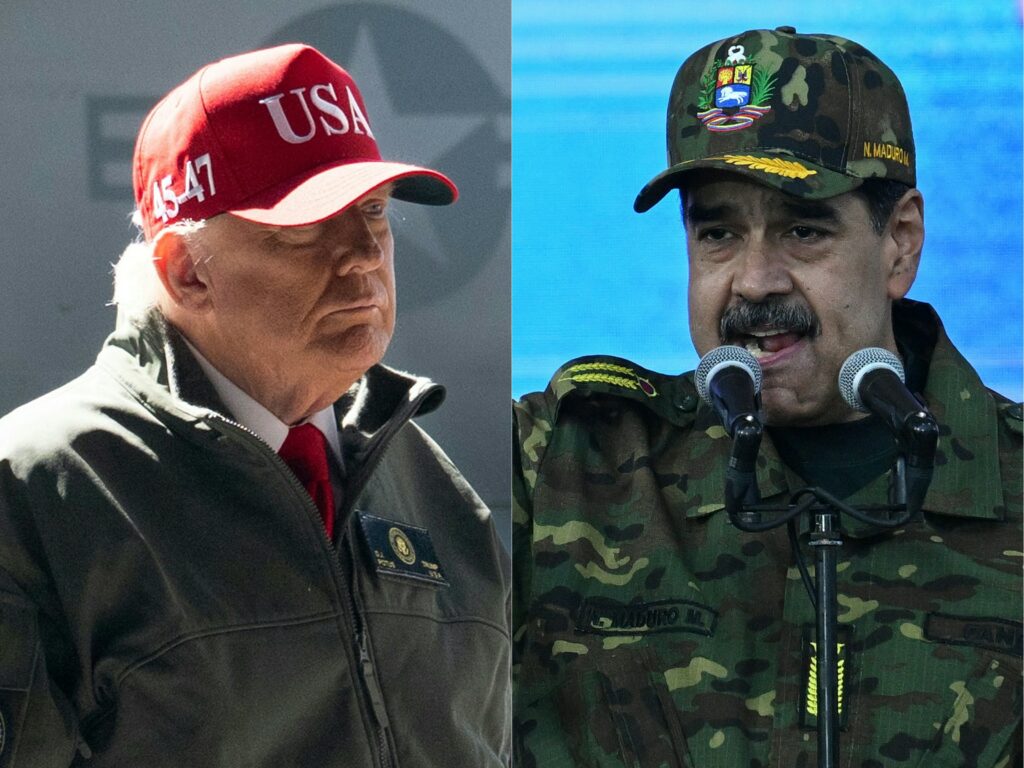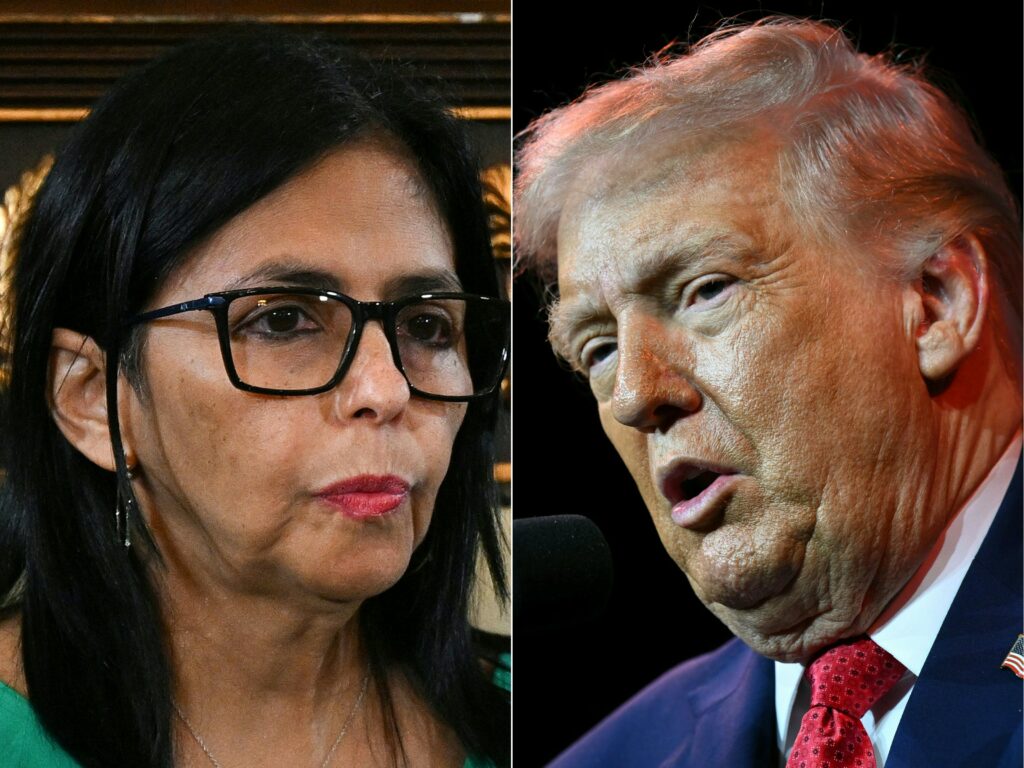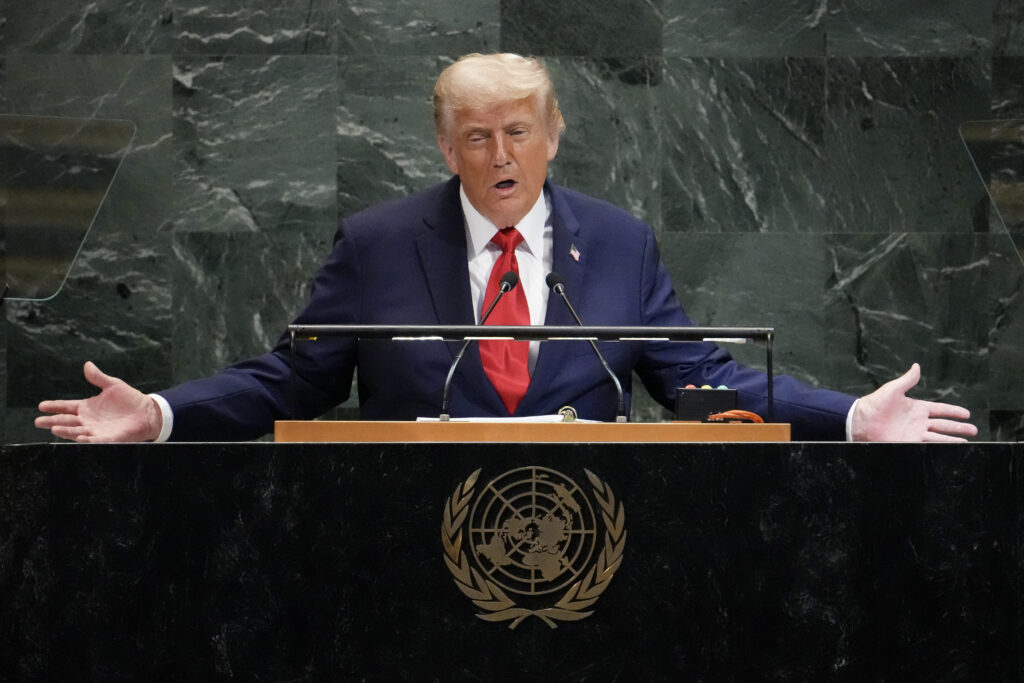Trump says ‘my own morality’ is only restraint on global power
US President Donald Trump said in an interview published Thursday that his “own morality” was the only constraint on his power to order military actions around the world.Trump’s comments to The New York Times came days after he launched a lightning operation to topple Venezuelan leader Nicolas Maduro, and threatened a host of other countries plus the autonomous territory Greenland.”Yeah, there is one thing. My own morality. My own mind. It’s the only thing that can stop me,” Trump told the newspaper when asked if there were any limits on his global powers.”I don’t need international law,” he added. “I’m not looking to hurt people.”The Republican president then added that “I do” need to abide by international law, but said “it depends what your definition of international law is.”The United States is not a member of the International Criminal Court (ICC), which tries war criminals, and it has repeatedly rejected decisions by the International Court of Justice (ICJ), the UN’s top court.Trump himself has had his own run-ins with domestic law, having been impeached twice, faced a slew of federal charges including conspiring to overturn the 2020 election — which were eventually dropped after his re-election — and convicted for covering up a hush money payment to a porn star.While proclaiming himself as “peace president” and seeking the Nobel Prize, Trump has launched a series of military operations in his second presidential term.Trump ordered attacks on Iran’s nuclear program in June and in the past year has also overseen strikes on Iraq, Nigeria, Somalia, Syria, Yemen — and most recently on Venezuela.Since Maduro’s capture, an emboldened Trump has threatened a string of other countries including Colombia, as well as Greenland, which is administered by fellow NATO member Denmark.Asked whether his priority was preserving the NATO military alliance or acquiring Greenland, Trump told the Times: “it may be a choice.”Some members of Congress, including a handful of Republicans, are trying to check Trump’s power.On Thursday the Senate advanced a measure to rein in presidential military action in Venezuela. But even if it reaches his desk, Trump would likely veto it.Billionaire Trump, who made his fortune as a property developer, added that US ownership of Greenland is “what I feel is psychologically needed for success.”Trump said separately that he had no problem with his family conducting foreign business deals since his return to office.”I prohibited them from doing business in my first term, and I got absolutely no credit for it,” Trump told the daily. “I found out that nobody cared, and I’m allowed to.”
